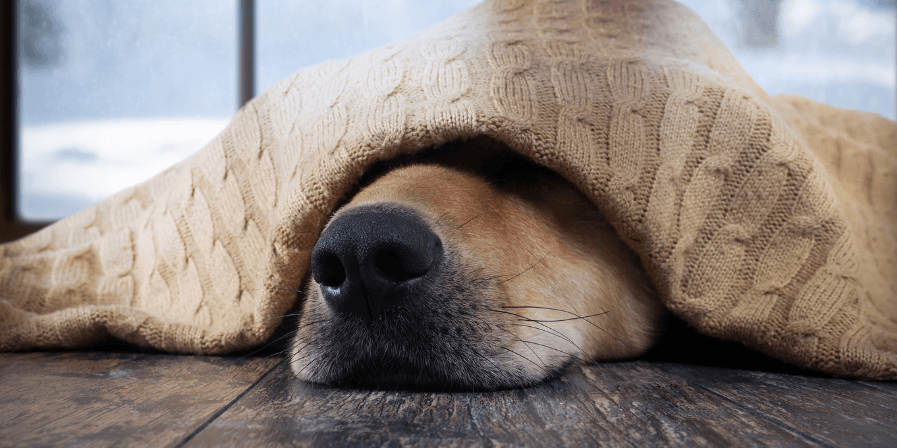Paws and Seasons

We understand that each season brings its own set of joys and challenges for our furry companions. As responsible pet owners, it's crucial to be aware of the seasonal health concerns that can affect our dogs.
Paws and Seasons
We understand that each season brings its own set of joys and challenges for our furry companions. As responsible pet owners, it's crucial to be aware of the seasonal health concerns that can affect our dogs.
Summer: Sun, Heat, and Hydration
-
Heatstroke: • Summers can be scorching. Watch out for signs of heatstroke, such as excessive panting, lethargy, and vomiting. Ensure your dog has access to shade and plenty of fresh water.
-
Dehydration: • High temperatures can lead to dehydration. Keep water bowls filled, and consider adding wet food to your dog's diet to increase water intake.
Monsoon: Rainy Days and Muddy Paws
-
Parasites: • The wet season can bring an increase in parasites like ticks and fleas. Regularly check and groom your dog, and consult your vet for appropriate preventive measures.
-
Muddy Paws: • Constant rain can lead to muddy paths. Clean your dog's paws after walks to prevent infections or ingestion of harmful substances.
**Autumn: **
-
Allergies: • With the changing foliage, some dogs may develop allergies. Look out for symptoms like itching, sneezing, and red eyes. Consult your vet for allergy management.
-
Seasonal shedding: Shedding is a natural and healthy process for dogs. It helps them get rid of old or damaged fur to make way for a new, healthier coat. Many dogs experience a more noticeable shed during seasonal changes, typically in the spring and fall. This is influenced by daylight and temperature variations.
Managing Shedding:
-
Regular Grooming: • Brush your dog regularly to remove loose fur and prevent it from spreading around your home. The type of brush depends on your dog's coat—slicker brushes for short-haired breeds, and undercoat rakes for double-coated breeds.
-
Bathing: • Regular baths can help manage shedding by keeping the coat and skin healthy. Use a dog-specific shampoo to maintain their natural oils.
-
Proper Nutrition: • A balanced diet with essential fatty acids can contribute to a healthier coat. Consult your veterinarian for the best dietary choices for your dog.
-
Supplements: • Omega-3 fatty acid supplements can help reduce shedding and improve the overall condition of your dog's coat. Do consult with your vet before administration
-
Visit the Vet: • If you notice excessive shedding or changes in your dog's coat, consult your vet. It could be a sign of an underlying health issue, such as allergies or hormonal imbalances.
Winter: Chilly Nights and Cozy Blankets
- Cold Weather Care: • Some parts experience cold winters. Provide warm bedding, protect your dog from drafts, and consider doggy sweaters for added warmth.
- Joint Health: • Cold weather can impact joints, especially in older dogs. Speak to your vet about joint supplements and maintain regular, gentle exercise.
Year-Round Concerns:
- Infectious Diseases: • Keep vaccinations up-to-date to protect against common infectious diseases prevalent in your region. Also be on time for de-worming schedules.
- High Temperatures: • Throughout the year, be mindful of high temperatures, especially during midday walks. Opt for early morning or late evening outings.
<u>Conclusion:</u> By staying attuned to their needs and taking preventive measures, you can ensure your dog thrives in every season.
FAQs Q1 : Is it necessary to adjust my pet's diet during different seasons? A1: Yes, it's advisable to adjust your pet's diet based on their activity levels and the weather. Consult with your veterinarian to ensure their nutritional needs are met.
Q2: How can I address my pet's anxiety during loud seasonal events like fireworks or thunderstorms?
A2: To manage pet anxiety during loud events, create a quiet and comfortable space for them, use calming techniques such as background noise or pheromone diffusers, and consult with your vet for possible anxiety-relief strategies or medications basis vet’s advice.


 How can we help?
How can we help?